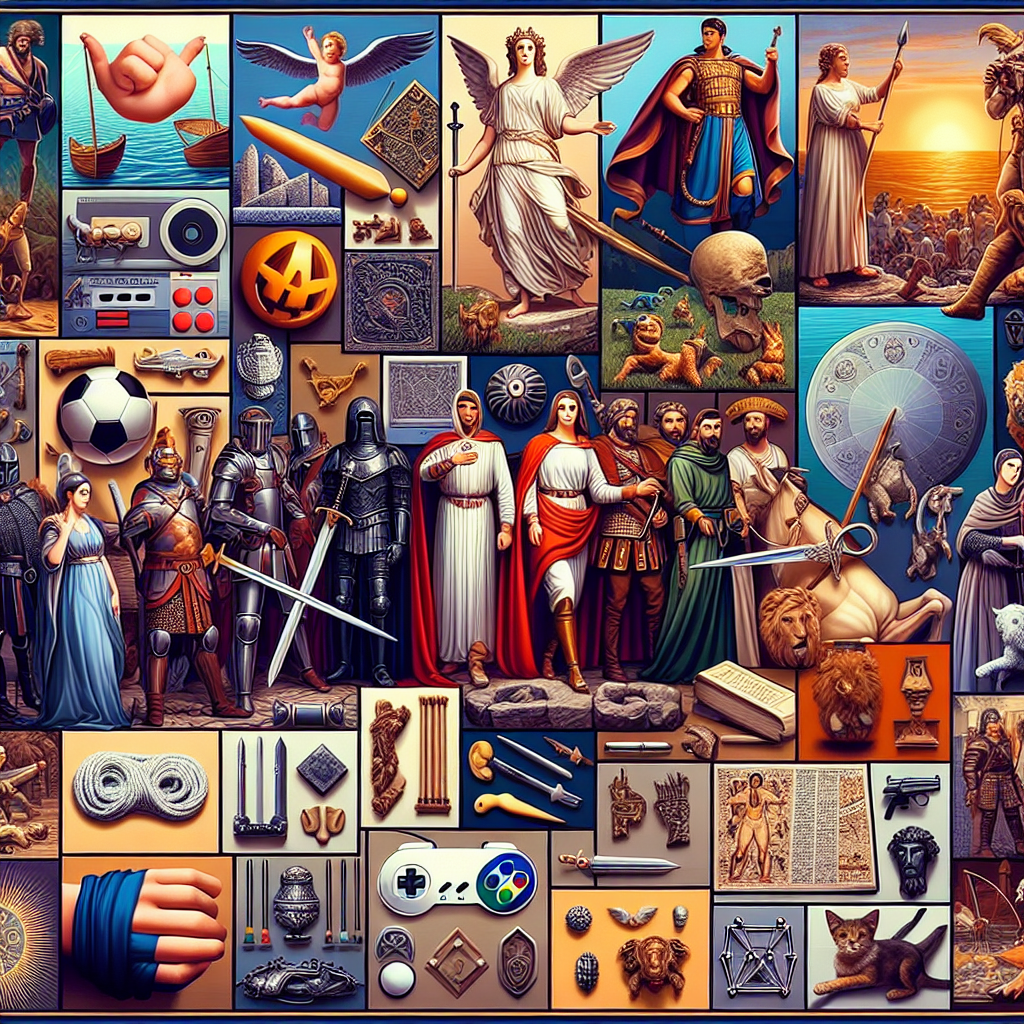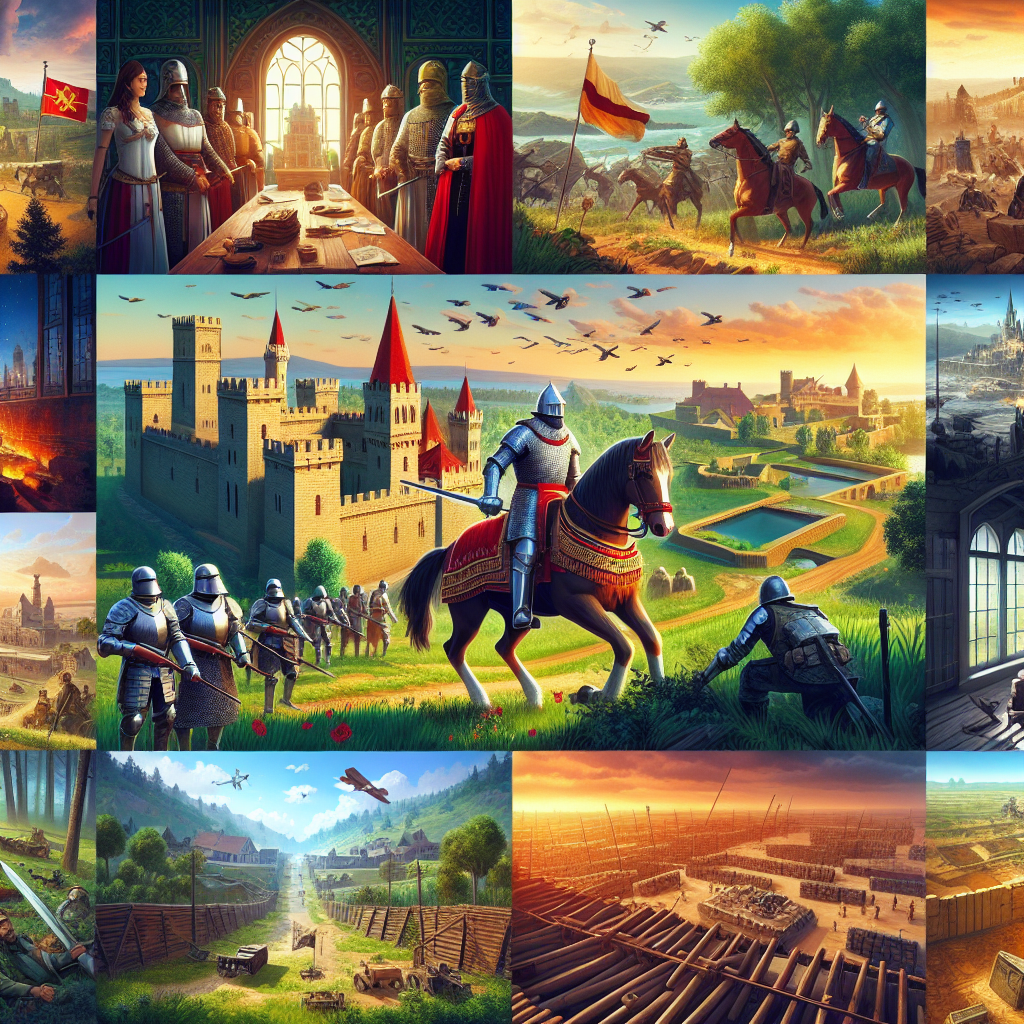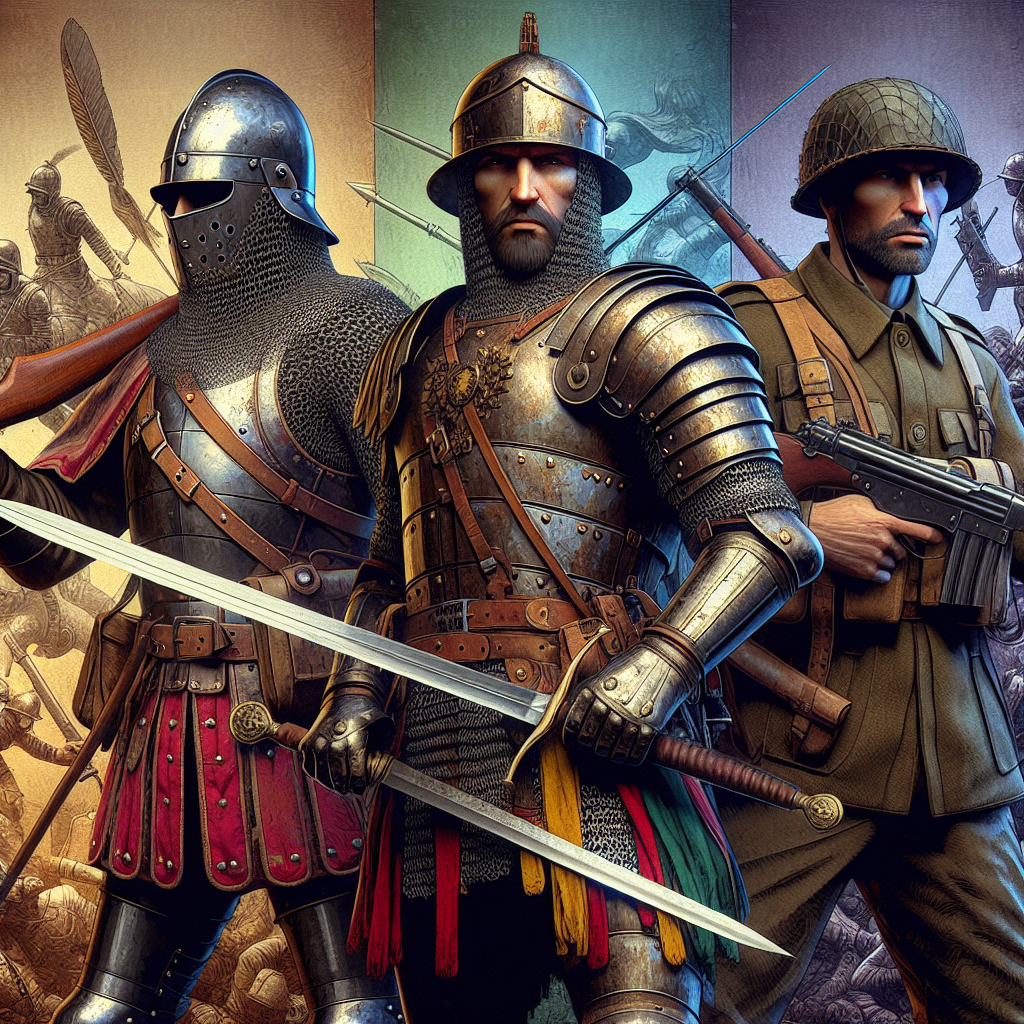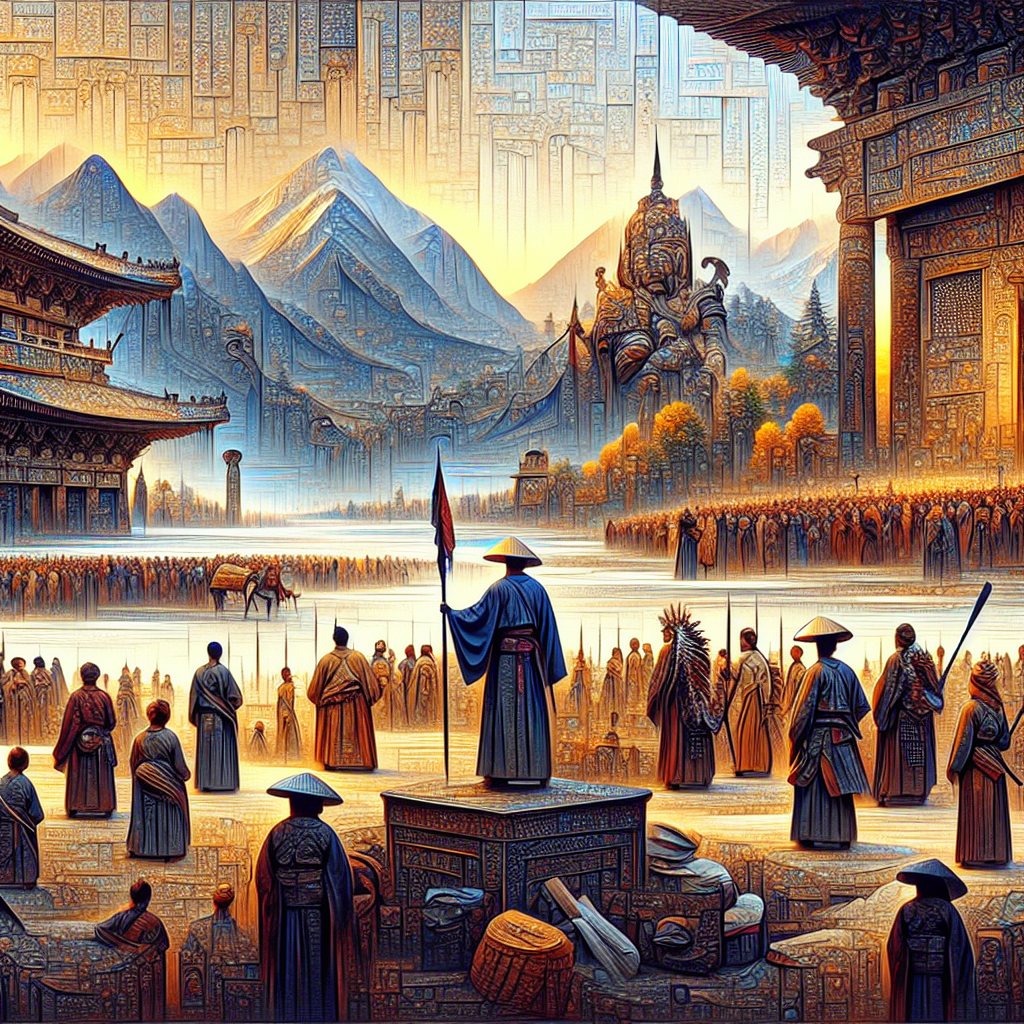Games help us understand human history in unique and engaging ways. As technology advances, video games have become more than just entertainment; they are powerful tools for education and cultural exploration. From strategic simulations to narrative-driven adventures, games immerse players in historical contexts, allowing them to experience events and cultures firsthand.
Engaging Storytelling Through Gameplay
One of the most compelling aspects of video games is their ability to tell stories. Games like Assassin’s Creed and Civilization not only entertain but also educate players about historical events and figures. In Assassin’s Creed, players traverse different periods, such as the Renaissance and the American Revolution, interacting with key historical figures and experiencing pivotal moments. This immersive storytelling helps players develop a deeper understanding of the complexities of history.
Interactive Learning and Skill Development
Games help us understand human history by promoting active learning. Unlike traditional methods, video games require players to make decisions, solve problems, and strategize. For instance, in games like Age of Empires, players must manage resources, build civilizations, and engage in diplomacy, which mirrors real historical challenges. This interactivity not only makes learning fun but also enhances critical thinking and decision-making skills.
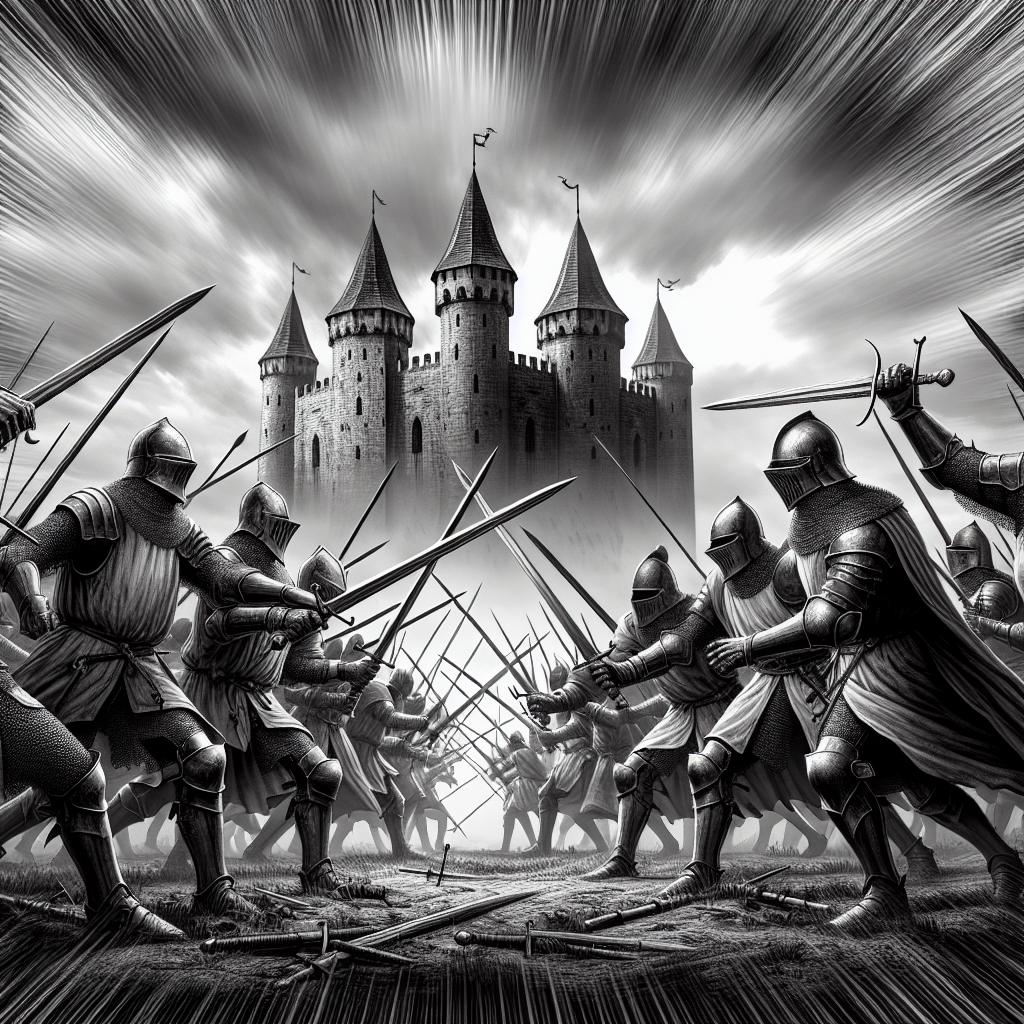
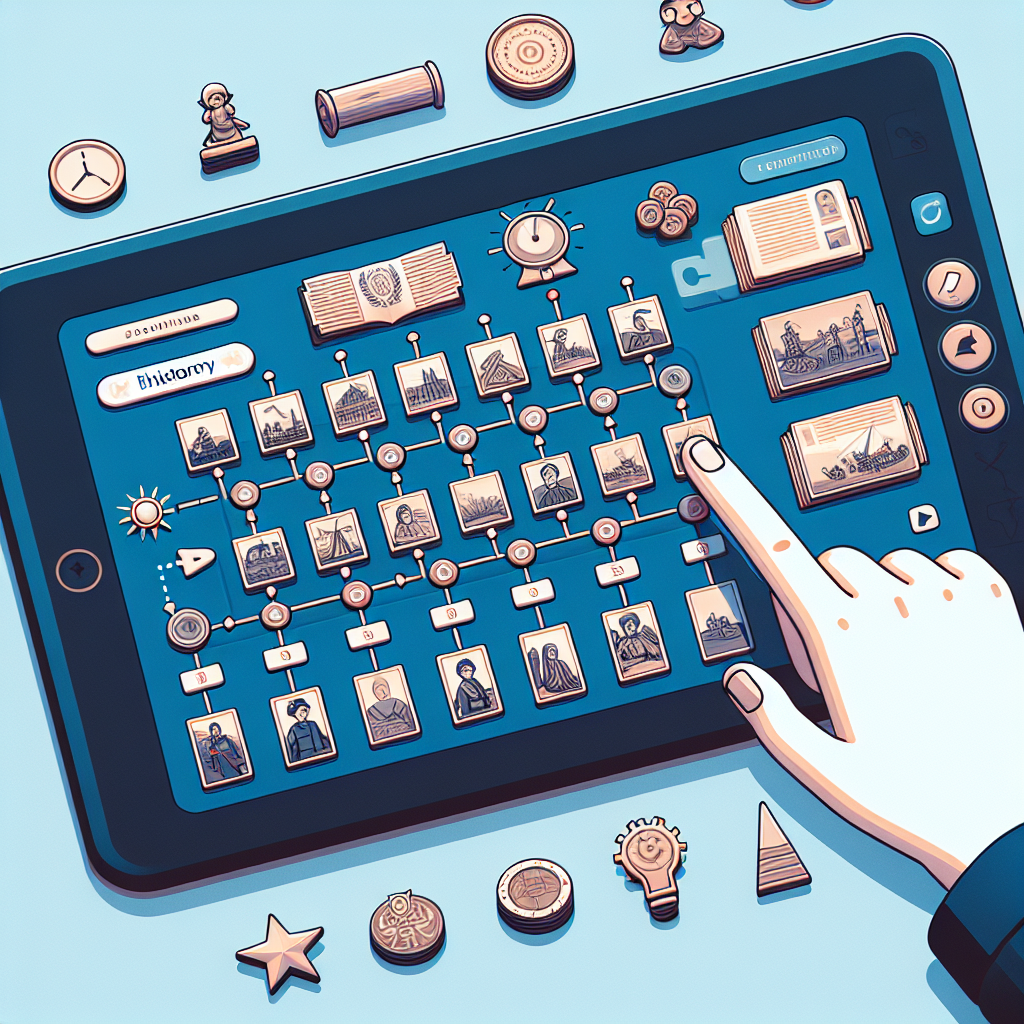
The Role of Historical Accuracy
While some games take creative liberties, many strive for historical accuracy. Titles like Valiant Hearts: The Great War offer players a moving narrative set during World War I, focusing on the human experience of war rather than glorifying conflict. This approach fosters empathy and understanding, allowing players to connect with history on a personal level. Such games can spark interest in historical research, prompting players to explore the events and cultures depicted in-game.
Moreover, educational institutions are beginning to recognize the potential of games in teaching history. Some schools incorporate games into their curricula, using them as tools to engage students and enhance learning outcomes. By leveraging the interactive nature of games, educators can create a dynamic learning environment that fosters curiosity and exploration.
In conclusion, games help us understand human history by offering immersive experiences that combine storytelling, interactivity, and educational value. As the gaming industry continues to evolve, it holds the promise of making history more accessible and engaging for future generations. Whether through exploring ancient civilizations or experiencing significant historical events, games are paving the way for a deeper understanding of our past.
Some content and/or images on this page were created using AI.

